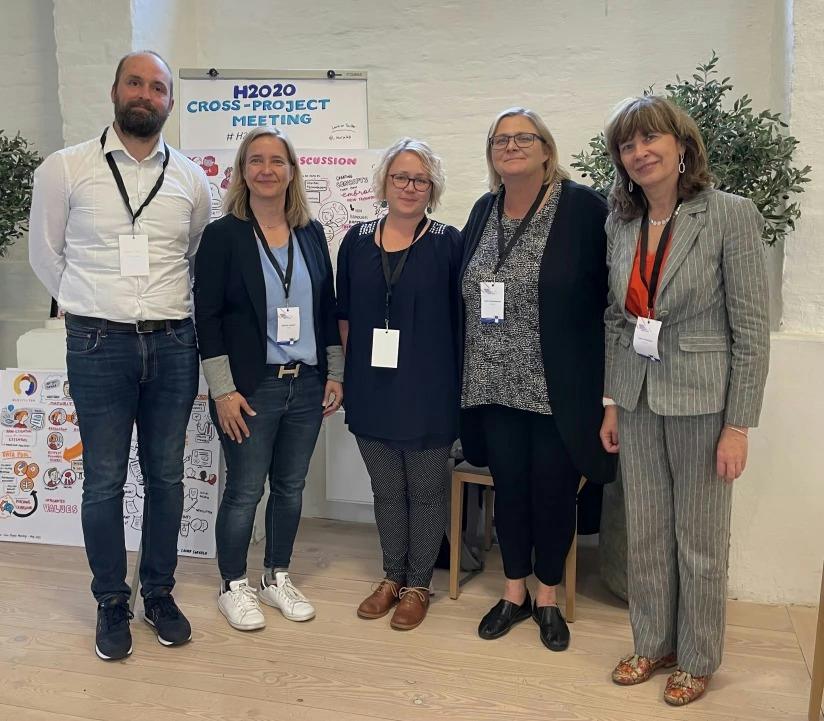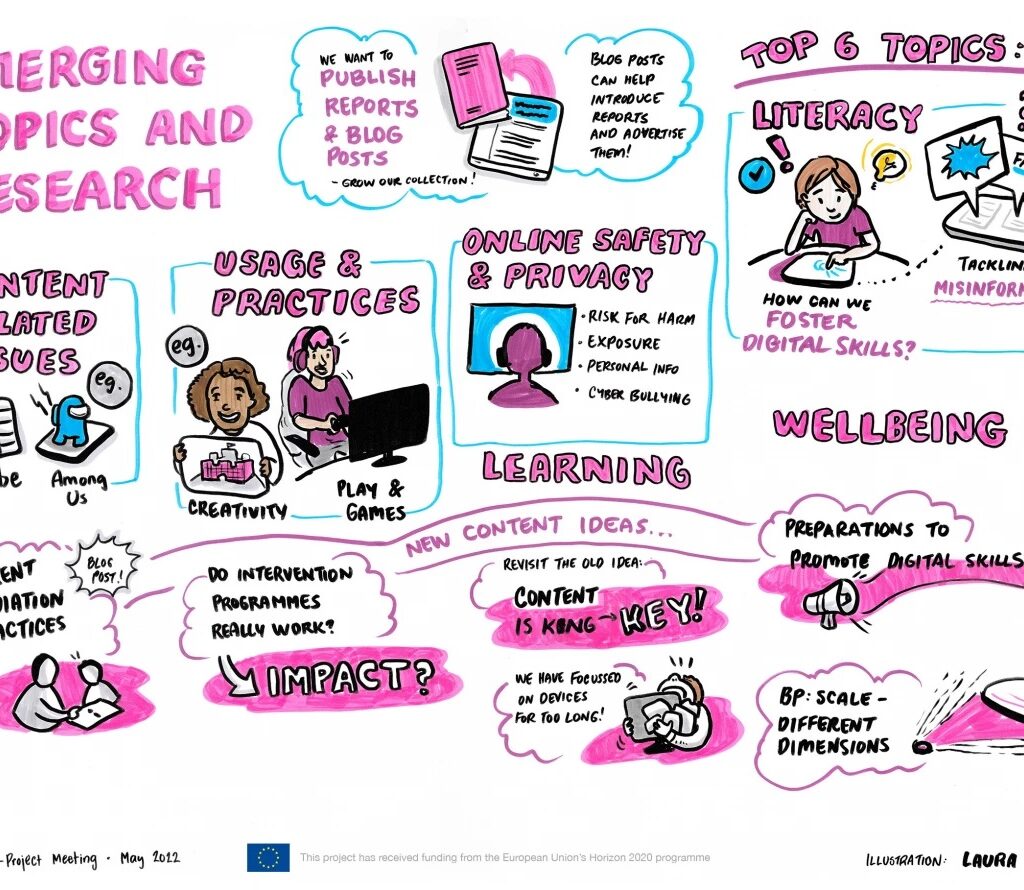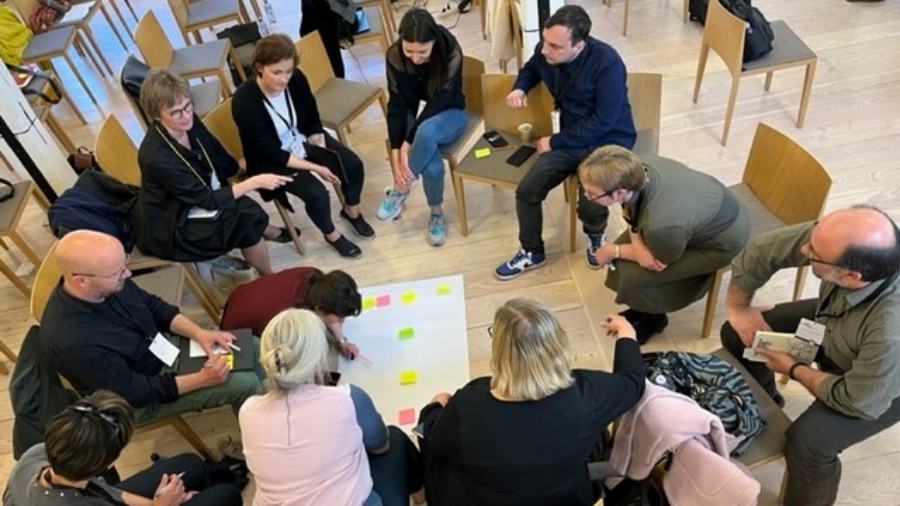For those who use public transportation, one can assume that if you scan the number of passengers in your periphery using digital technology, at any given time versus those who do not, the ratio would be severely unbalanced. All the more so with children and teenagers. Whilst this disturbing trend continues to increase, the extent of its influence on society has accelerated at an alarming rate.
In 2019 funding was provided by The European Commission to research the impact of technology on children and youth. Ironically researchers at DigiGen, DIGYMATEX, and ySKILL could only share their insights remotely due to the COVID-19 pandemic.
Project members were finally given the opportunity to meet in person in Norway by the CO:RE Ethics team at the University of Oslo (UiO), who hosted the H2020 Cross-Project Meeting from May 4-6, 2022. The CO:RE projects (Children Online: Research and Evidence) are developing an online knowledge base on children and youth in the digital age. These evidence-based recommendations are for stakeholders, researchers, students and policy makers and will provide a platform for dialogue between all parties.
Over 70 colleagues came together where partners presented their findings according to the different aspects of children’s’ digital lives:
- DigiGen discussed the transformation of the digital environment on children and youth.
- DIGYMMATEX provided preliminary clear evidence on how digital maturity impacts Information and communication technologies (ICT) behaviour of children at the ages of 9-16.
- ySkills shared their findings on the need for new digital skills and childrens’ wellbeing.

DIGYMATEX is developing tools such as The DYMI (Digital Youth Maturity Index and DiGYou3 programs that will provide accurate insights about the long-term effects of digital device use on the maturity and behaviour of children from the ages of 9 -16.
“Digital maturity and how it can be measured is a crucial factor in accessing how to assist children and teenagers in dealing with digital challenges and creating appropriate legislation based on our algorithms,” saysDIGYMATEX project coordinator Assoc. Prof. Marco Hubert of Aarhus University, Denmark. .
One of the models presented at the meeting was using longitudinal analysis of associations of digital engagement and child outcomes – an area of key research not previously addressed.
The model incorporates teens’ digital engagement, digital activities and their well-being across multiple developmental stages. With the combination of longitudinally socio-emotional and educational stats, DIGYMATEX is designing innovative programming that will engage teens to use digital devices in ways that serve their mental, physical, and emotional wellbeing.

While DIGYMATEX partners Melissa Bohnert and Pablo Gracia of Trinity College Dublin, research is still in progress, the preliminary samples suggest that:
- Digital screen-time increases throughout adolescence across all socio-economic status groups.
- Low-Socioeconomic status (SES) children spend significantly more time on digital technologies than high-SES children – hence the emergence of SES gaps in usage.
- More than 3+ hours of daily screen-time is associated with significant declines in socio-emotional well-being.
- Education and learning- oriented digital activities are associated with significant increases in academic performance (in particular maths).
- Early engagement (age 9) with social media digital activities affects well-being and academic performance in later adolescence.
“Having an in person meeting to share information was extraordinary. It will propel project partners to improve their tools to manage digital technology use more effectively for both children and teenagers,” said Garcia.

